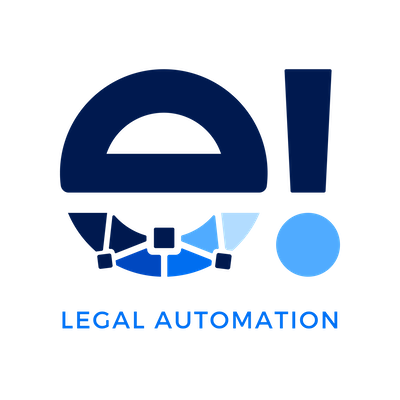AI Chatbots are rapidly becoming an integral part of the legal industry, transforming the way services are delivered and accessed. These intelligent virtual assistants, powered by advanced machine learning algorithms, are designed to interact with users in a natural, conversational manner. They are not only streamlining administrative tasks but also providing instant legal assistance to those in need. In this article, we will explore the various facets of how AI Chatbots are revolutionizing the legal sector.
AI Chatbots for Client Onboarding and Initial Consultations
One of the first touchpoints in the legal service process is client onboarding and initial consultations. Traditionally, this involves a lot of paperwork, scheduling, and preliminary discussions. AI Chatbots are simplifying this process by automating the initial data collection, appointment scheduling, and even answering basic legal queries. Clients can interact with these chatbots 24/7, getting immediate responses and guidance.
Furthermore, these AI Chatbots can be integrated with CRM systems, ensuring that all client interactions are recorded and easily accessible to legal professionals. This seamless integration ensures that lawyers have all the necessary information at their fingertips when they eventually consult with the client. Additionally, by handling routine queries, chatbots free up legal professionals to focus on more complex issues, optimizing the allocation of resources within a firm and enhancing overall efficiency.

AI Chatbots as Legal Advisors for Common Queries
While complex legal issues still require the expertise of seasoned lawyers, many common legal queries can be addressed by AI Chatbots. From understanding tenant rights to basic business compliance, these chatbots are programmed with a vast knowledge base to provide accurate and instant legal advice. They act as the first line of legal assistance, ensuring that individuals and businesses can access legal guidance without always having to consult a lawyer.
Moreover, these chatbots can be customized based on specific jurisdictions or areas of law, ensuring that the advice provided is relevant and accurate. For instance, a chatbot designed for real estate law in New York would be different from one designed for the same in California. This level of customization ensures that users get the most relevant and accurate information for their specific needs.

Ethical Considerations in Deploying AI Chatbots in Legal Services
The integration of AI Chatbots into legal services is not without its challenges, especially when it comes to ethics. There are concerns about data privacy, the accuracy of the information provided by chatbots, and the potential for misinterpretation. It’s crucial for legal firms to ensure that their chatbots are transparent in their operations, regularly updated with accurate information, and clear about their limitations.
In addition to these concerns, there’s the matter of client trust. Clients need to feel confident that the advice they’re receiving, even from a chatbot, is reliable. To address this, some firms have implemented a hybrid approach, where chatbots provide initial guidance, which is then reviewed or supplemented by human lawyers. This ensures that while clients benefit from the immediacy and accessibility of chatbots, they also have the assurance of human expertise.
Conclusion
The integration of AI Chatbots into legal services is a testament to the industry’s willingness to evolve and adapt to technological advancements. These chatbots are enhancing client experiences, streamlining processes, and making legal guidance more accessible. While challenges exist, with the right approach and continuous refinement, AI Chatbots will continue to play a pivotal role in shaping the future of legal services. As legal professionals and firms, embracing this change is not just beneficial but essential to remain competitive and relevant in the modern legal landscape.






